Your photography equipment is like any other tool, it will work as well as you take care of it. Your gear requires a certain amount of respect, maintenance and upkeep in order to keep it working to the best of its ability. This article will break down mistakes in maintenance that could lead to very costly repairs or worse – replacement.
Neglect. I've already outlined how to clean your camera gear, but neglecting to do so can cause some serious problems. Digital cameras are sensitive electronic devices, they malfunction or stop working due to the smallest pieces of dirt and a few drops of water. Don't neglect the cleanliness of your gear.
Dirty camera bag. I prefer the Crumpler line of bags because they line the inside with bright colors so it's easy to see inside, but am in love with my Tenba messenger bag to work out of. The Tenba has a black liner so it's not so easy to see the inside, but I make sure to empty the bag on a regular basis and vacuum it out, and then use a lint roller along the inside and check any exposed velcro for debris. The inside of a camera bag can accumulate dust, dirt, loose change and other essential camera accessories that can scratch and damage your body or lenses.
Your shirt is not meant for cleaning a lens. While the bottom of your shirt is the most convenient thing at the moment to clean the end of your lens, it's possibly the worst thing you could do. Most shirts are cotton, or a cotton blend, soft to the skin and enjoyable to wear. Compared to a $2 microfiber cloth designed to clean optical glass under a microscope, it's like using sandpaper. Worse, if you are of the school that doesn't believe in filters, you could end up damaging the front element of your lens, the repair for that can be 30-40% the cost of the lens itself!
Cleaning your sensor. There are two ways to get your sensor cleaned; take it to a professional or do it yourself. The DIY kits have come a long way in the last few years, but make no mistake, it's still possible to ruin your sensor. Read the instructions, watch a few online videos, prepare and clean an area to work on your camera and if you still have doubts, take it to a professional.
Lack of proper research. Buying used gear can be a huge money saver, but it could quickly end up costing you too. Do some research on the gear you are looking to buy, see what problems are common to it and what repair costs will run you in a worst case scenario. One of the more desired Canon lenses among studio / portrait / fashion shooters is the discontinued 200mm f/1.8, renowned for it's brightness and sharpness. There's a problem to it though, parts are no longer made for the focus mechanism, it was discontinued in 2003 and replaced with an f/2 IS version. If you are looking to buy the older f/1.8 version you need to be aware that should any auto-focus issues arise there are no parts to fix the lens and you could be using a $3,500 lens (average price for a used one) as a paper weight. And that's just one example of where proper research could save you a bucket load of money down the track.
Upgraditis. Upgrading to newer, better gear that maybe you don't need, simply because it's new. It can also be called megapixel chasing when talking about DSLR bodies, but it's all the same. New cameras will continue to roll out at about the steady pace they have been for the last decade and the new to used price of gear has never before dropped so rapidly. What may cost $3,000 today could sell in like-new condition just one year later for $1600 or even less. Just because the resale value of an item has dropped doesn't mean it's any worse than when you bought it. Evaluate your specific needs before you invest hard earned money knowing you could take a 50% loss within the first year of owning it if you make the wrong choice.
Not so much a tip, but some food for thought – buying the newest version of something or a new product won't always give you better photos, or even enable you to take better photos. Sometimes, the best step you can take with your gear is learning how to properly use, clean and maintain what you already have.

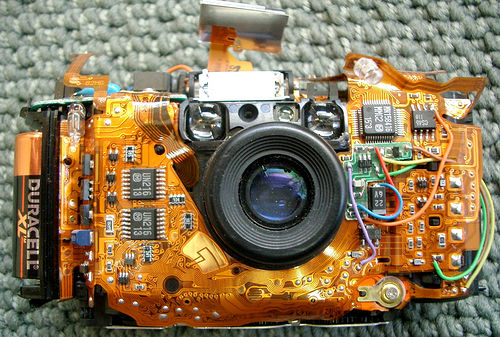

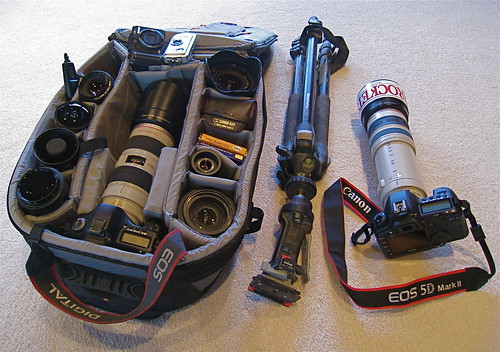

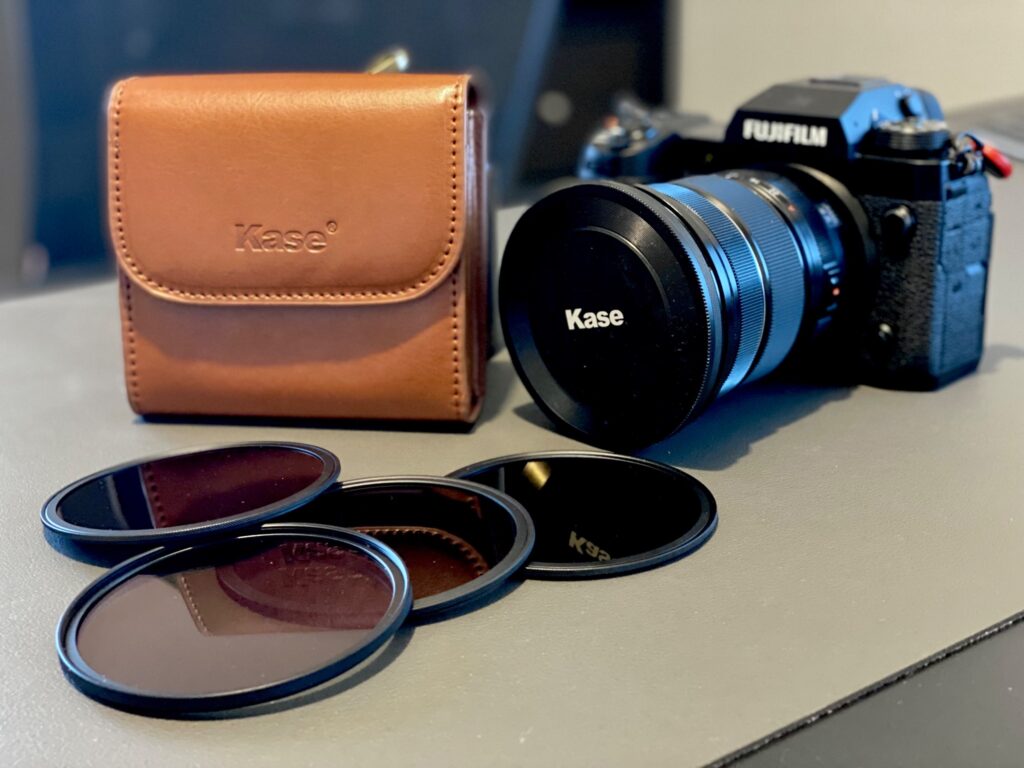
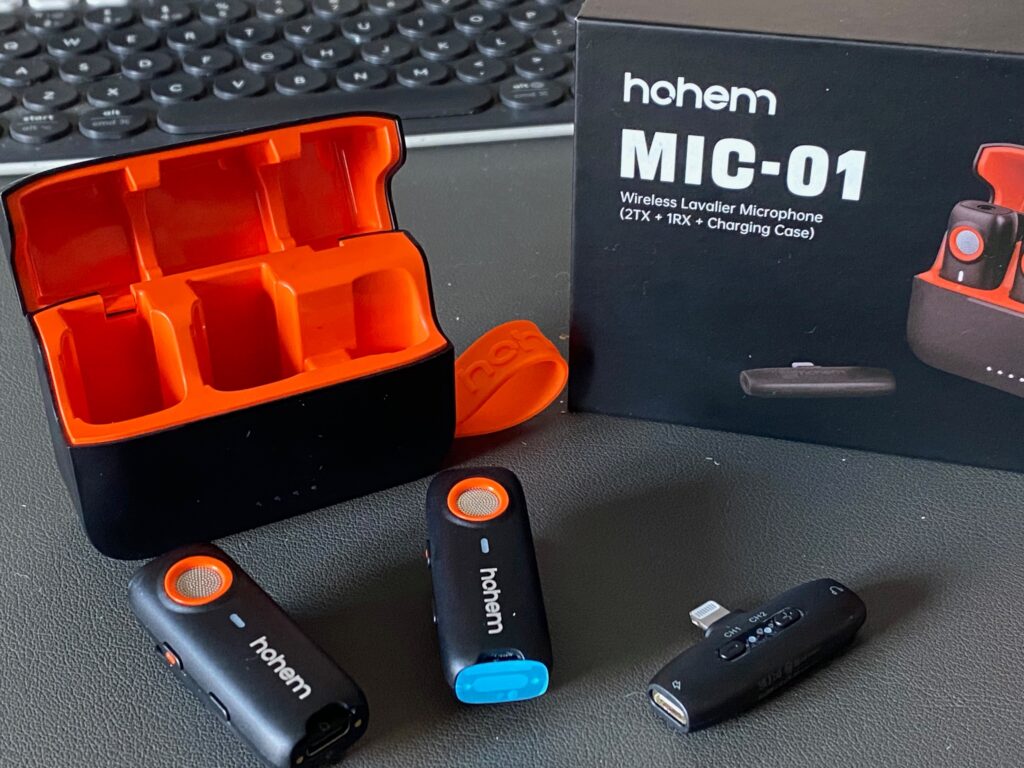
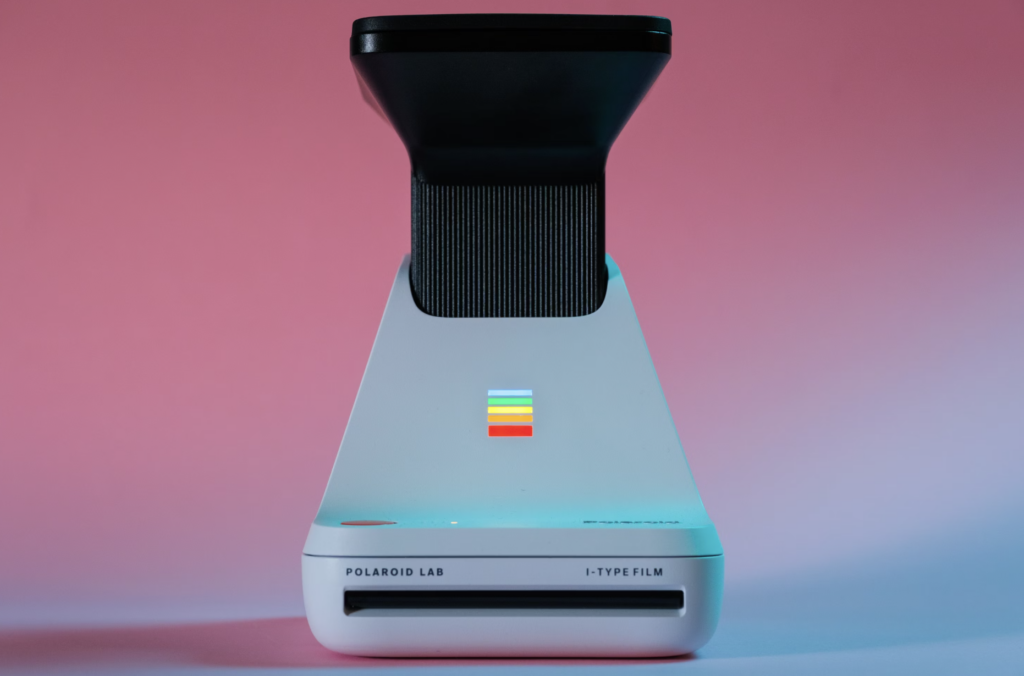
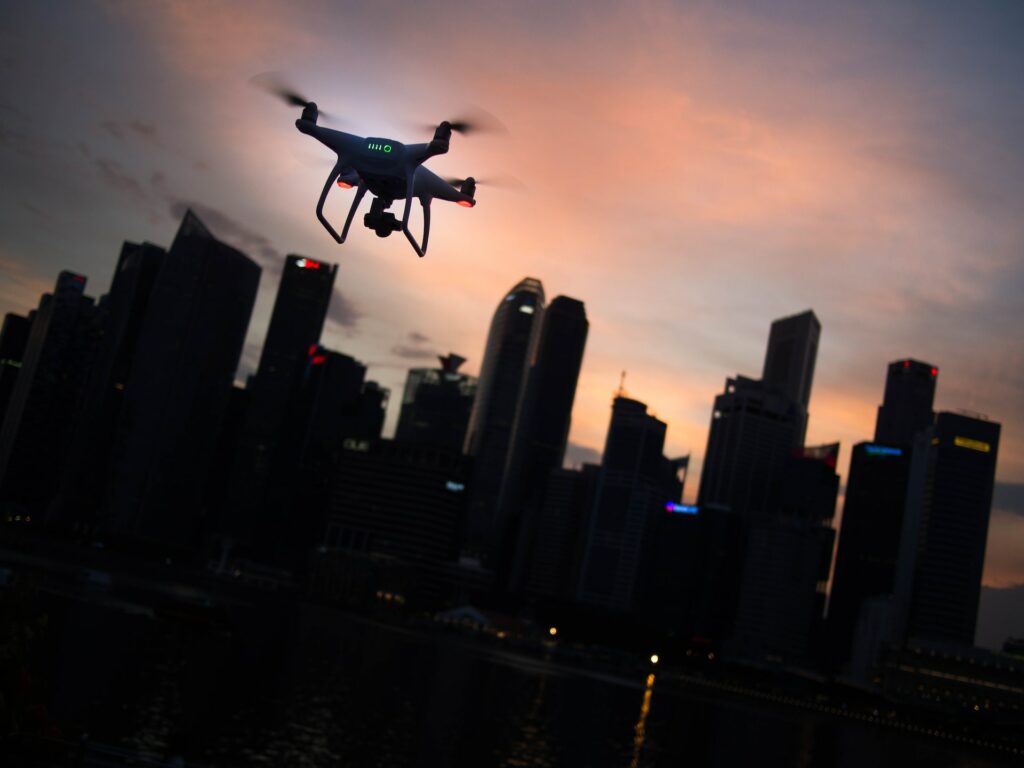
9 Comments
Thank you for this great article, Mike. Up until last year I was always guilty of upgraditis, needed to have the latest and greatest. Now that money is tight at home, I have found I have exactly the right photo gear I need and I have slowly, but surely, started to work on perfecting my photo technique and vision, which are what really counts when one wants to become a better photographer.
Some great points there.
In relation to your point about lack of proper research, I often recommend that people go and hire some lenses before buying them. Camera gear hire is surprisingly cheap, and it allows you to try out a specific lens (or lenses) in various conditions, to ensure it will suit your requirements, before you spend any money on them!
That’s a fantastic Tip Marty. And thanks for stopping by – we love your site and are long time fans!
Little things like vacuuming out the bag… Y know i shake mine out.. and never thought of a vacuum.. ha. Going to have to use that one.
I had a LowePro bag I had to throw out cos it go infested with roaches – no amount of cleaning, vacuuming or scrubbing would stop them from coming back. 🙁
Using the vacuum really makes a difference – does anyone have tips for getting fuzzies and other “stuff” out of the velcro they use in the dividers of camera bags?
I sometimes use a sticky roller for that – you know, the ones they sell to get lint off clothes? It’s good, but not great.
Yeah- the wiping the lens with the shirt thing is a TOUGH one for me to avoid. Soooo tempting when you are in a hurry.
Gotta just buy a bunch of those microfiber wipes and have them all over the place.
Hi Mike, great article, thanks. When buying a camera and not knowing what to buy, I would recommend to ask around, especially amongst photography lovers. Ask them what they would prefer. Not a brand, but just everyday common things, explained to you in plain English. Like: “I don’t have a view finder, so I have to look on my led-screen, which can be pretty difficult in bright sunlight. I would recommend a camera WITH a view finder.” Or “My camera seems kinda slow on focussing. Maybe you can compare autofocus time online?” Or “My DSLR-camera is great but it’s really heavy. My sister has a mirrorless camera, which is a lot lighter, and she makes pretty darn good photos. Maybe that suits you?” Enfin, you get my drift.
Complicated terms for beginners can be comfusing and annoying and not helpful. Neither is insisting that your brand is the best. Being helpful in tips on you find useful or pleasant is something I value a lot. 🙂